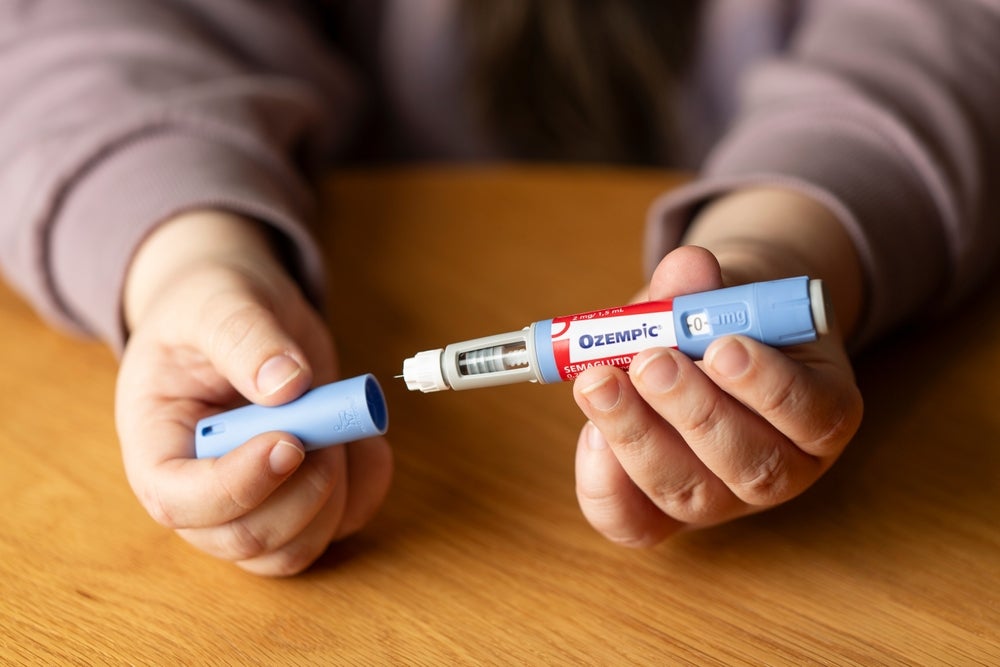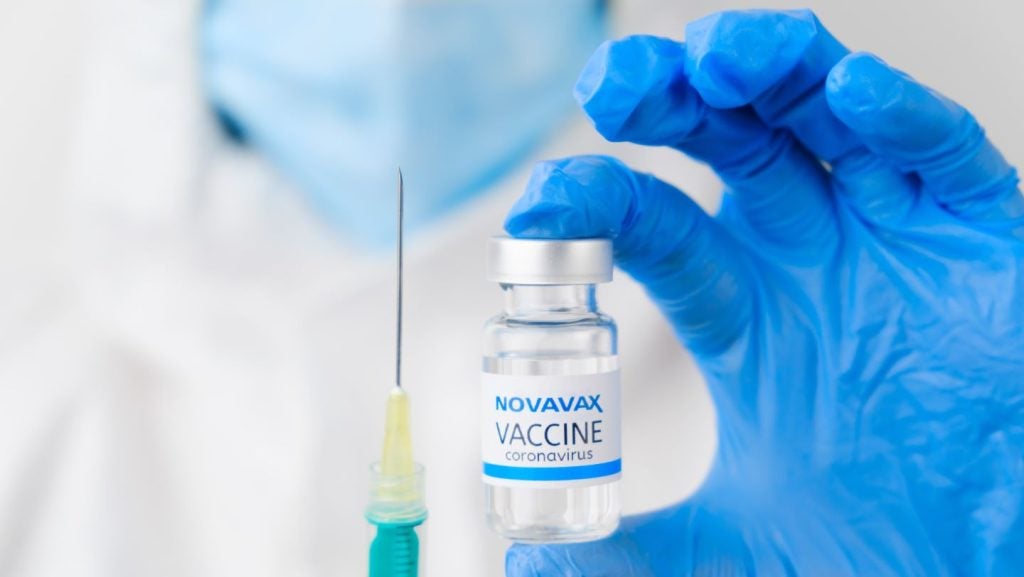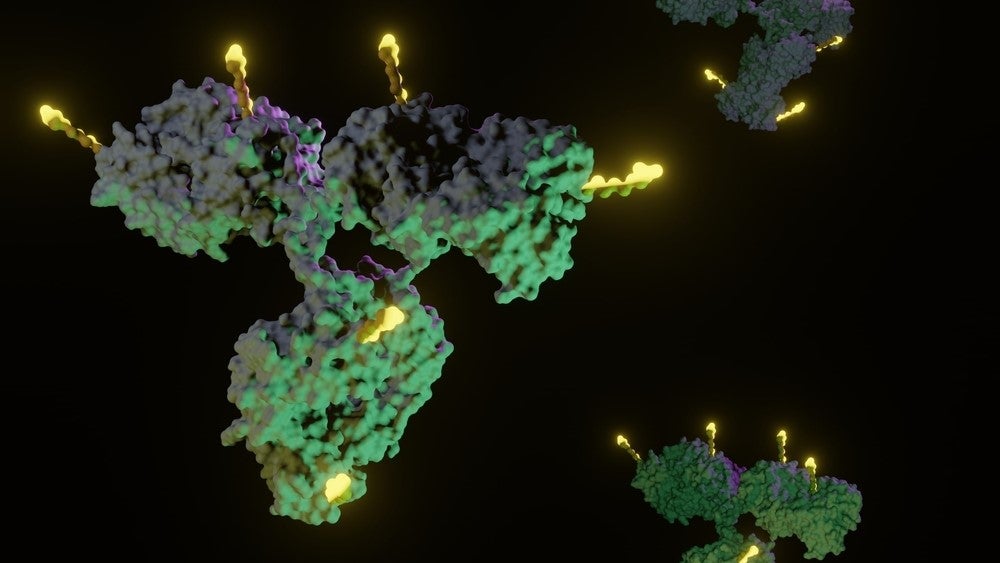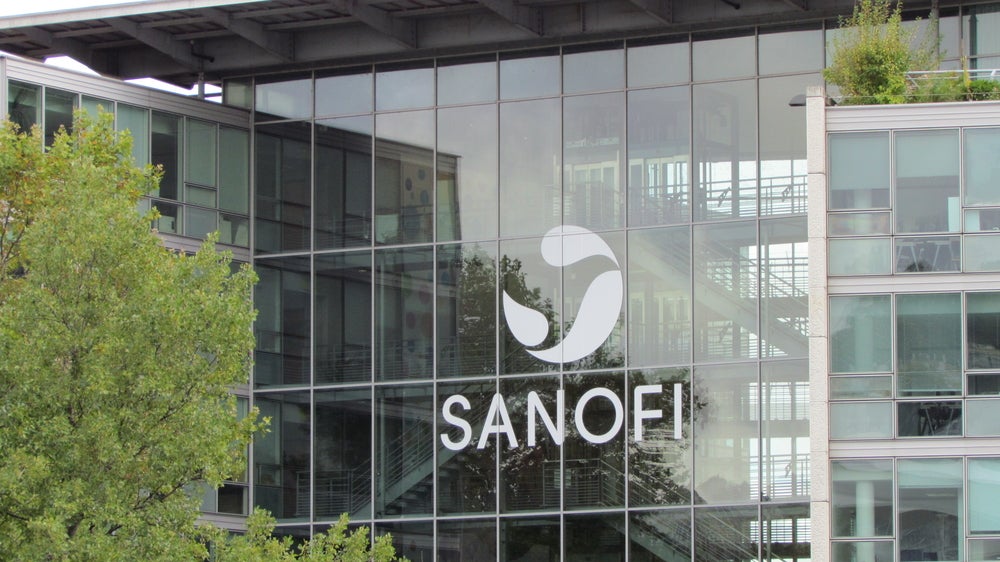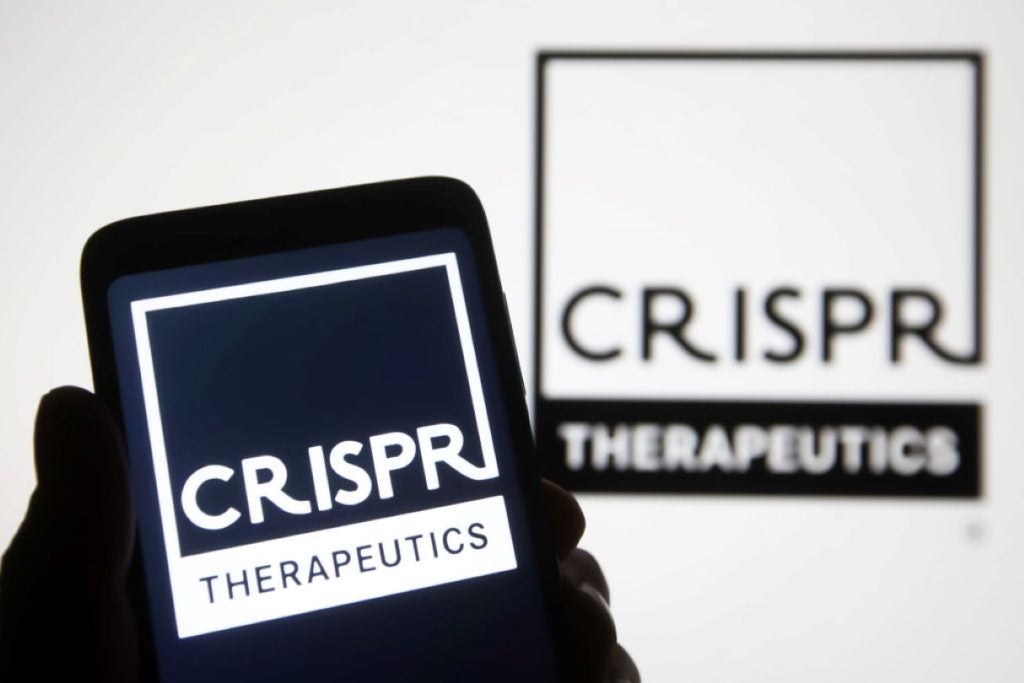Travere Therapeutics has implemented a 20% reduction of its workforce to funnel resources into Filspari’s (sparsentan) launch in IgA nephropathy (IgAN) and the clinical development of pegtibatinase.
The workforce reduction would be focused on non-field-based employees. The downsizing and other cost reduction measures are expected to cost approximately $12m-$14m.
Travere expects an annualised savings of approximately $25m starting in FY 2024.
The decision follows the US Food and Drug Administration’s (FDA) request for additional data to support the supplemental new drug application (sNDA) for sparsentan as a treatment of focal segmental glomerulosclerosis (FSGS). Sparsentan is a dual endothelin angiotensin receptor antagonist.
The agency added that two-year results from the Phase III DUPLEX study were insufficient to support the sNDA. The DUPLEX trial failed to meet its primary endpoint of a decrease in the estimated glomerular filtration rate (eGFR) over 108 weeks of treatment, compared to the active comparator irbesartan. However, sparsentan demonstrated a sustained reduction in proteinuria over 108 weeks. Travere plans to re-engage with the agency in 2024, as per a 4 December press release.
FSGS is a rare kidney disease which is characterised by the scarring or hardening of parts of focal glomeruli while other glomeruli remain unaffected. These changes can only be observed upon microscopic examination of the kidney tissue. The US National Organization of Rare Disorders (NORD) estimates that about seven million people are affected by FSGS. There is no specific approved treatment for the disease only symptomatic relief, which is aimed at decreasing proteinuria and either stabilising or improving kidney function.
In February, sparsentan was granted accelerated approval by the FDA to reduce proteinuria in adults with primary IgAN at risk of rapid disease progression, with a urine protein-to-creatinine ratio (UPCR) of over 1.5g/g. The approval was based on the positive results from the Phase III PROTECT trial (NCT03762850). The drug is marketed under the brand name Filspari in this indication.
Travere also completed a pre-NDA meeting with the FDA regarding the full approval of Filspari as a treatment of IgAN. The US-based company intends to file the sNDA for Filspari in IgA in Q1 FY 2024.
Travere also plans to reduce its operating expenses to less than $400m. The company reported $634.6m in cash reserves as of 30 September and forecasts the cash runway to last into 2028. In September, Travere sold its bile acid product portfolio to Mirum Pharmaceuticals, which included Cholbam (cholic acid) and Chenodal (chenodiol).
Multiple pharmaceutical companies such as Galera Therapeutics, Kinnate Bio, NexImmune, Kronos, Atreca and Candel Therapeutics have reduced their headcounts to cut costs in recent months.
Update: This article was updated to differentiate between the drug sparsentan's use in IgA nephropathy where it is marketed as Filspari, and in focal segmental glomerulosclerosis (FSGS).




